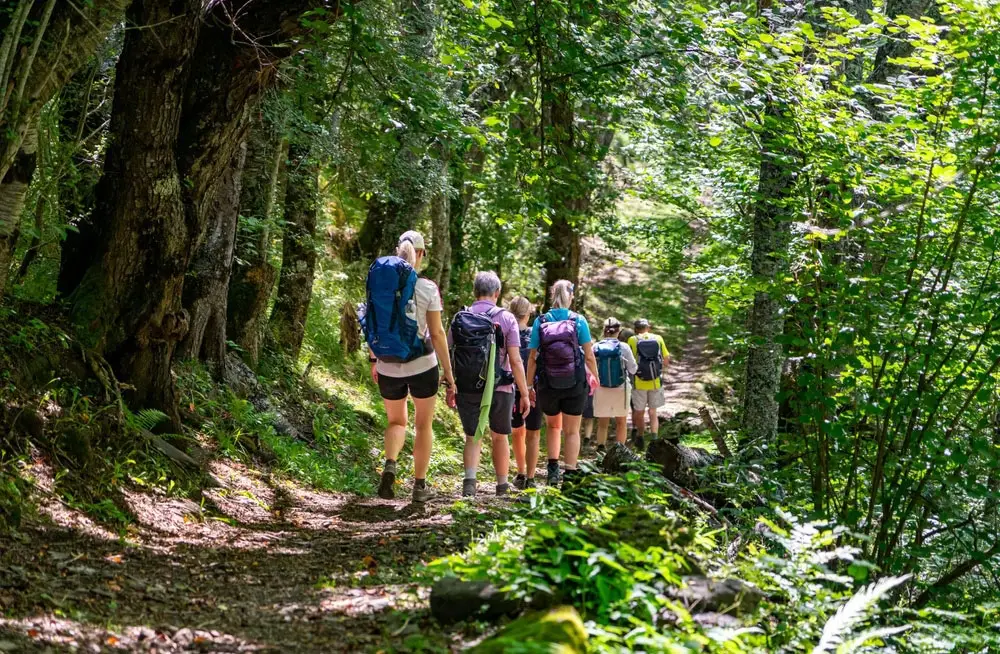Addiction recovery requires healing your mind, body, and spirit. Recreational therapy has emerged as a dynamic and effective approach, offering new experiences that address the underlying emotional and psychological challenges at the root of addiction. Active engagement and shared experiences have a unique ability to foster healing and growth.
Benefits of Recreational Therapy in Recovery
Recreational therapy involves structured activities designed to improve participants’ well-being. Unlike traditional talk therapy, which involves discussing issues in a more static, clinical environment, experiential therapy encourages you to get physically and mentally active. Doing so can stimulate life-enhancing skills such as teamwork, communication and cooperation.
1. Enhanced Teamwork
Many recreational therapy activities require group participation, which naturally enhances social interaction and communication. Participants learn to trust each other during team activities, building relationships that can be vital in recovery.
2. Improved Leadership and Problem-Solving Abilities
Recreational activities like sports require collaboration toward a shared goal. These experiences are invaluable in developing your self-confidence and decision-making skills.
3. Healthy Habits
Regular physical activity reduces stress, alleviates depression symptoms and improves your energy levels – benefits that are vital in recovery. Challenging yourself with sports and exercise will make you physically and mentally healthier.
4. Better Self-Awareness and Self-Esteem
Recreational therapy provides exciting opportunities for self-discovery. You can learn more about your strengths and weaknesses, gain insights into your behavior and strengthen your self-worth.
5. Positive Life Outlook
Finding joy and purpose in your life is a crucial component of recovery and relapse prevention. Having hobbies can significantly boost your mood and renew your enthusiasm. Recreational therapy instills a more optimistic perspective, making it easier for you to handle life’s challenges without resorting to substance use.
6. Learning Through Reflection
After participating in activities, you can think about what you learned and how those lessons apply to other areas in your life. This reflection is a critical component of the therapeutic process, allowing for profound emotional and psychological growth.
Recreational Therapy at Hope by the Sea
At Hope by the Sea, our specialized services include holistic programming to meet our clients’ needs, ensuring you receive personalized attention. People enrolled in our treatment tracks enjoy a range of activities, like yoga, psychodrama, art therapy, team sports and meditation.
Recreational therapy is more than an alternative to traditional talk therapy; it’s a complementary approach that opens new pathways to healing. By combining specialized services for drug and alcohol treatment with individual and group therapy sessions, Hope by the Sea provides a holistic recovery experience that addresses the physical, emotional, and social aspects of addiction. Contact us anytime, 24/7, to confirm your insurance coverage and get answers to all your questions.

